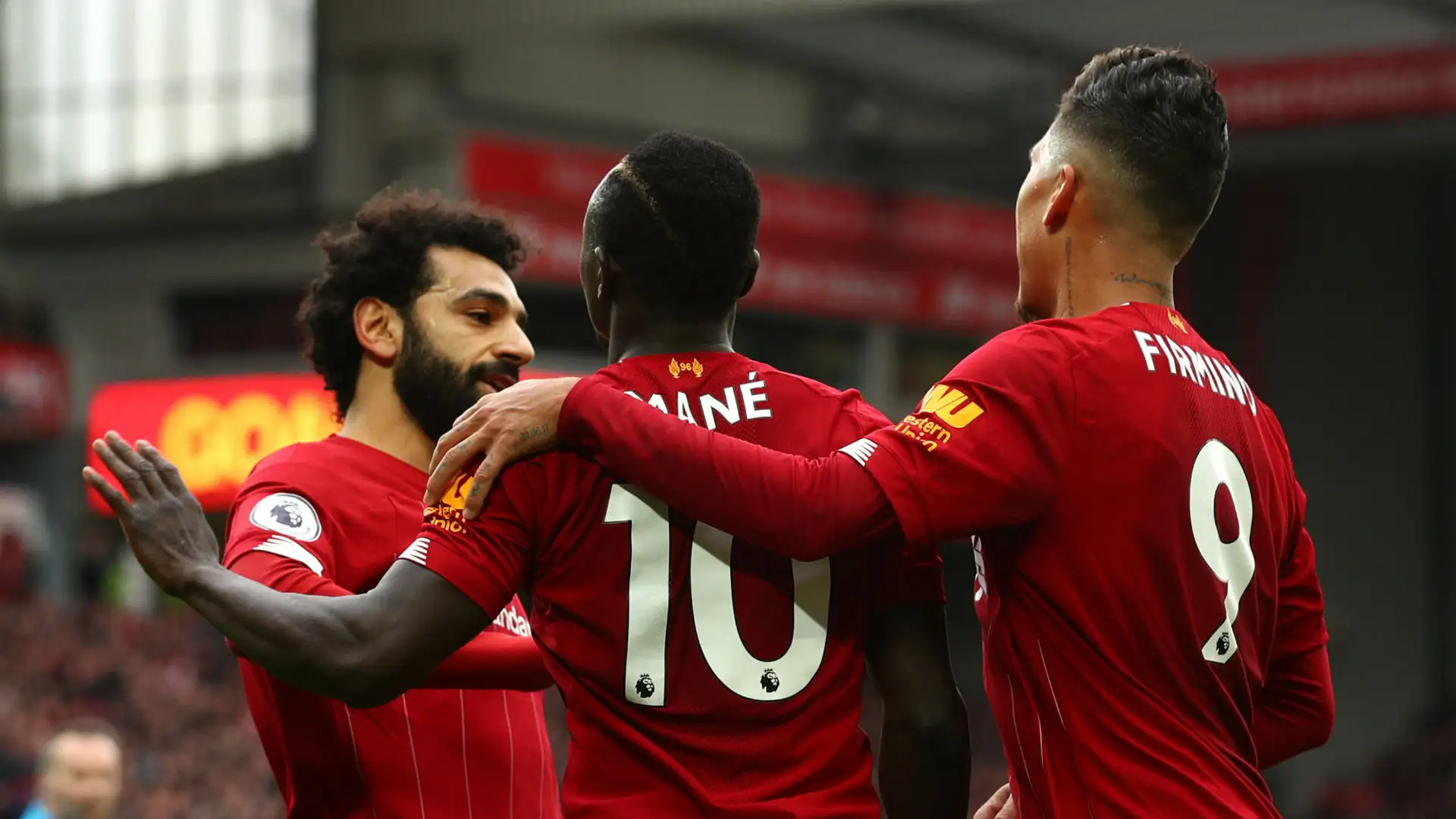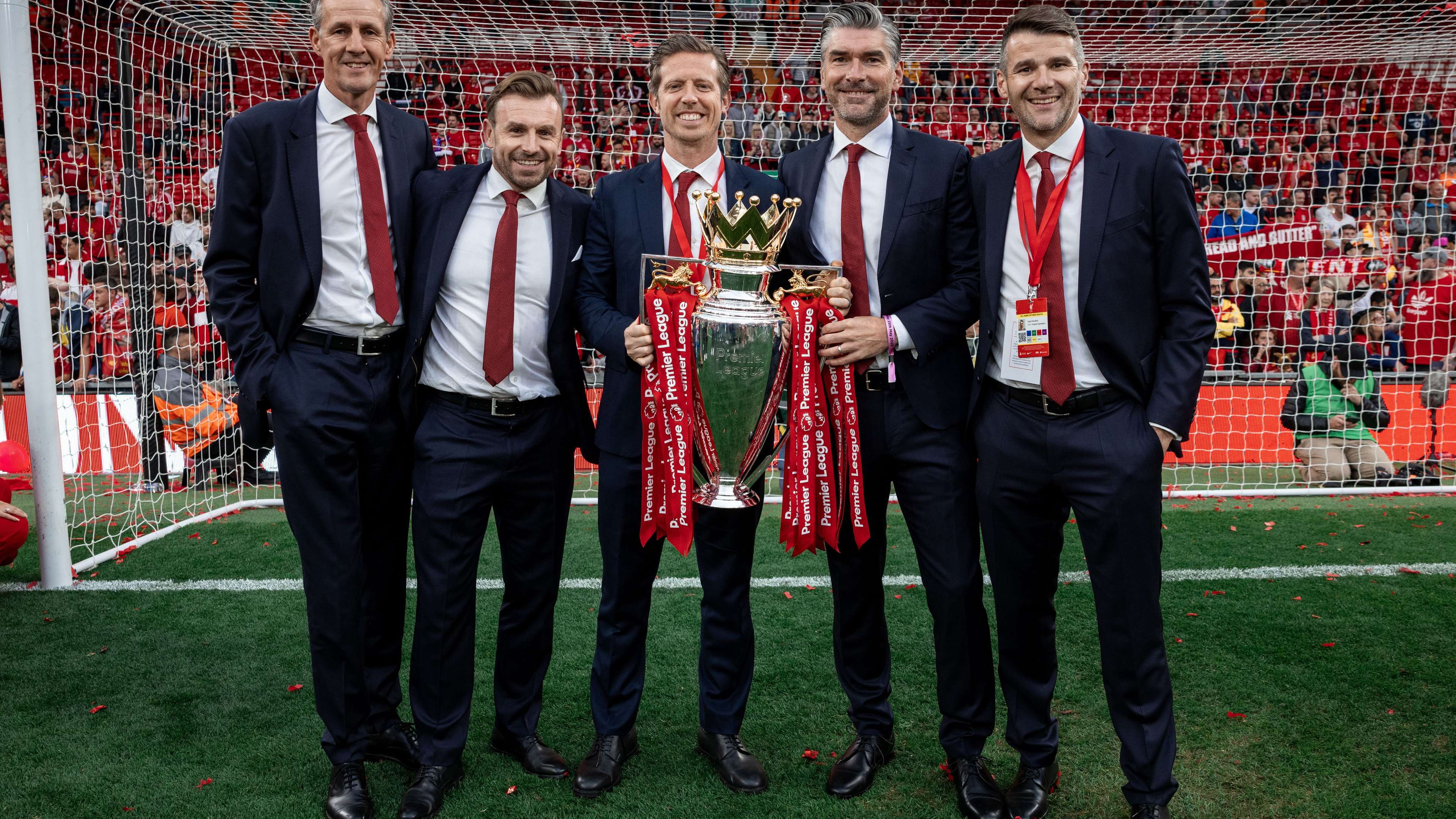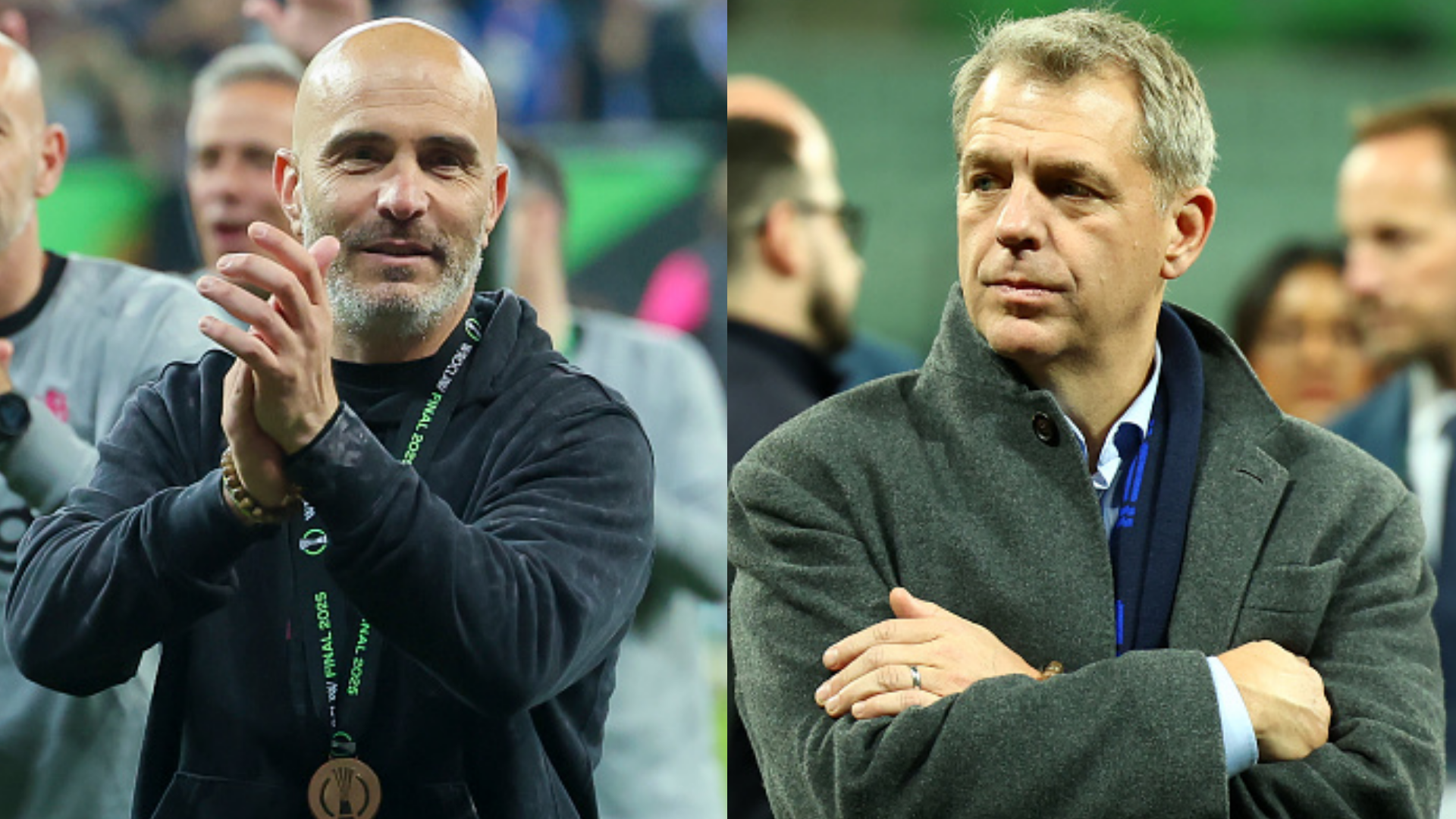
Chelsea Set to Appoint Ex-Liverpool Chief Who Worked with Jurgen Klopp and Signed Mohamed Salah, Sadio Mane and Roberto Firmino for Reds
Former Liverpool Recruitment Head Dave Fallows in Talks Over Senior Chelsea Role
It looks like Chelsea are making yet another major move behind the scenes — and this one could quietly shape the club’s future for years to come. According to The Athletic, the Blues are in advanced discussions to appoint Dave Fallows, Liverpool’s former director of scouting and recruitment, to a senior leadership position at Stamford Bridge.
At first glance, it might sound like another reshuffle in Chelsea’s ever-evolving football structure. But make no mistake — this one is significant. Fallows isn’t just another executive hopping between clubs. He’s the man who played a key role in identifying and signing Mohamed Salah, Sadio Mane, and Roberto Firmino — the attacking trio that fired Jurgen Klopp’s Liverpool to a Premier League title after three decades of waiting.
If all goes to plan, Fallows will join Chelsea’s sporting department to work alongside Paul Winstanley and Laurence Stewart, the club’s existing sporting directors, and co-directors of recruitment Joe Shields and Sam Jewell. Together, they’ll form one of the most analytically minded and modern recruitment teams in English football.
A Proven Eye for Talent and Data
At 45, Dave Fallows already has one of the most impressive CVs in football recruitment. His track record at Liverpool, spanning over a decade, speaks for itself. From 2012 to 2024, he helped shape the modern Liverpool dynasty, building a scouting model that combined old-school intuition with cutting-edge analytics — a model that became the envy of Europe.
Under Fallows’ leadership, Liverpool didn’t just sign stars; they built them. Mane, Salah, Firmino, Robertson, Alisson, and Wijnaldum weren’t superstars when they arrived. They became world-beaters through smart, evidence-based scouting and a culture of trust between analysts, scouts, and the manager.
It’s easy to forget that when Brendan Rodgers brought Fallows in back in 2012, Liverpool’s transfer strategy was in disarray. The infamous “transfer committee” era was widely mocked. But over time, with Fallows’ influence — and later with Michael Edwards and Jurgen Klopp — that same data-led approach became Liverpool’s greatest strength.
And Chelsea, after several chaotic transfer windows under Todd Boehly and Clearlake Capital, clearly want some of that same magic.
From Anfield to the Bridge — A Quiet Revolution
Fallows’ potential arrival marks a strategic shift for Chelsea, who have spent the last two years building a multi-layered recruitment network designed to modernize the club’s football operations.
Since Boehly’s consortium took over in 2022, the club has appointed an array of new directors, scouts, and performance analysts. The idea has always been to mirror the kind of long-term structure that worked so well at Liverpool and Manchester City — but the execution has often been messy.
The last few windows have seen Chelsea spend heavily, sometimes erratically, with a “scattergun” approach that drew criticism from fans and pundits alike. But this summer, there were signs of improvement: the club made substantial profit through player sales, streamlined its academy pathways, and started looking more strategic in their recruitment of young, high-upside talent.
Appointing Fallows could be the final piece of that jigsaw — the calm, experienced head who brings balance, order, and genuine expertise to a club that’s often felt like it’s been learning on the fly.
Liverpool’s Loss, Chelsea’s Gain

Liverpool Richard Hughes Michael Edwards
When Fallows left Liverpool in October 2024, his departure was felt deeply at Anfield.
“I have been very privileged to work for this incredible football club,” Fallows said at the time. “The fantastic people here — starting with the supporters — make it so special. To have worked with so many talented players and colleagues, past and present, who are now friends, is something I am very grateful for.”
He added: “There are far too many to mention, but I am especially grateful to Barry Hunter and everyone within the recruitment department who have been a joy to work alongside. Leaving in the knowledge that I’m leaving this place in such great shape means a lot to me.”
Those weren’t empty words. The respect for Fallows inside Liverpool ran deep. Michael Edwards, FSG’s CEO of football, called him “a trusted colleague for over 10 years and a close friend for two decades,” adding that he would “always be welcome” at the club.
Liverpool sporting director Richard Hughes also praised Fallows’ professionalism during the transition period after Klopp’s departure:
“David’s reputation is second to none in his field. His achievements at the club mean he leaves with utmost gratitude and affection. It speaks volumes about him that he stayed on to help settle a new leadership team, including myself.”
That kind of loyalty and integrity is precisely what Chelsea are hoping to bring into their own backroom culture.
Enzo Maresca’s Chelsea Already Showing New Signs of Life
On the pitch, Chelsea’s progress under Enzo Maresca has been steady, if occasionally chaotic — but undeniably promising. The Italian coach has brought a clearer style of play, a greater emphasis on youth development, and a revived sense of identity to Stamford Bridge.
The 2-1 win over Liverpool before the international break summed up that new energy. A stoppage-time winner from teenage sensation Estevão sparked wild celebrations — so wild that Maresca earned a sending-off and a subsequent touchline ban.
When asked about it later, Maresca laughed it off:
“It was a nice moment. I think it’s part of our job — the moment, the passion, the reaction. It’s nice for everyone, for the fans, for the stadium. It was just a reaction.”
The FA handed him an £8,000 fine, which the coach accepted with a grin. “It’s a lot,” he admitted, “but it was worth it.”
That kind of raw emotion — the connection between coach, players, and supporters — has been missing at Chelsea for far too long.
And now, with Fallows potentially arriving to strengthen the club’s recruitment strategy, there’s a sense that Chelsea might finally be building something sustainable again.
From Chaos to Consistency: The Todd Boehly Era Evolves
Ever since the Boehly-Clearlake ownership took control, Chelsea’s recruitment model has been a work in progress — sometimes visionary, sometimes reckless.
The club has spent over £1 billion on transfers, focusing heavily on young, high-potential players like Enzo Fernández, Moises Caicedo, Cole Palmer, and Estevão. The problem hasn’t been talent — it’s been direction. Too many signings, too quickly, without a clear pathway or coherent plan.
That’s exactly the kind of challenge Dave Fallows thrives on.
At Liverpool, he was known for balancing data and human intuition. He didn’t just find players who fit statistical models — he found players who fit the manager’s mentality. Klopp’s system demanded intelligence, work rate, and character. Fallows helped identify those traits, even when they weren’t obvious on paper.
If he can bring that same philosophy to Chelsea, he could help the club finally translate investment into identity.
Chelsea’s Future: Data, Development, and Discipline
.png?auto=webp&format=pjpg&width=3840&quality=60)
Enzo Maresca Todd Boehly Chelsea 2025
What makes Fallows such a compelling hire isn’t just his history of successful transfers — it’s the methodology behind them.
He helped revolutionize Liverpool’s recruitment process, turning it into a data-driven ecosystem where scouting, analytics, and coaching worked seamlessly together. His team was instrumental in developing data models that predicted player adaptation to Klopp’s high-pressing style, minimizing expensive transfer flops.
At Chelsea, Fallows would likely oversee similar areas: scouting strategy, player pathways, and football development. That means building bridges between the club’s enormous academy, its loan system, and its first team — something Chelsea have historically struggled to integrate effectively.
The challenge is immense, but so is the potential. Chelsea have one of the youngest and most talented squads in Europe. They just need the right people to connect the dots.
The Dream of a Title Challenge
It might sound premature, but there’s growing optimism around Stamford Bridge that a title challenge — if not this season, then soon — isn’t beyond reach.
The building blocks are there: Caicedo, Palmer, Nkunku, Gusto, Estevão, and a spine that could mature into something formidable.
With the right recruitment strategy, the next phase could be about refinement rather than overhaul. And that’s exactly where Fallows’ influence could be decisive.
After years of turbulence, Chelsea’s hierarchy seem to be embracing the idea that real progress comes from stability, not shockwaves. If they get this appointment right, they might finally find the balance between ambition and patience that has eluded them since the Abramovich era ended.
Final Thoughts
Dave Fallows represents a rare mix of humility, intelligence, and proven success — qualities that Chelsea desperately need in their leadership structure.
Liverpool fans will remember him as a key architect of their golden era under Klopp. Chelsea fans might soon see him as the man who helped turn potential into silverware.
It’s still early days, but if this appointment is confirmed, it could quietly become one of Chelsea’s smartest moves in years — not a headline-grabber, but the kind of behind-the-scenes signing that changes everything.
And for a club that’s spent the last few years searching for identity amid chaos, that might just be worth more than any £100 million transfer.


























There are no comments yet. Be the first to comment!